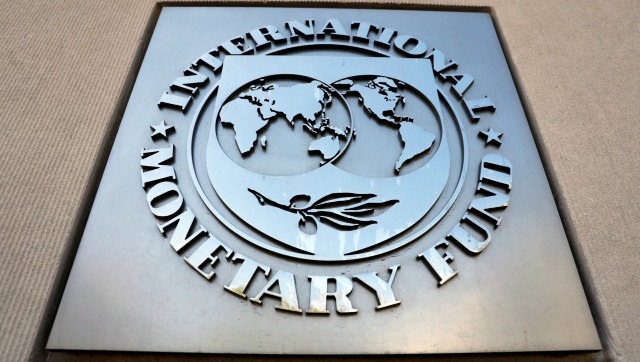You don’t need to commit a huge crime to go to jail anymore. Simply putting a signature different from the specimen signature you submitted to the bank is more than enough.
As per a report published in the Hindustan Times today, “Dishonouring of a cheque due to a signature mismatch - with the one submitted as a specimen to the bank - can now invite a prison term and a hefty fine.
The Supreme Court has ruled that in case of cheque bounce, a mismatch of signatures will be treated on par with insufficiency of funds, “payment stopped” and “closure of account”, which are offences under Section 138 of the Negotiable Instruments Act, 1881.
As per the report: “So long as the change is brought about with a view to preventing the cheque being honoured, the dishonour would become an offence under Section 138…” a bench of justice TS Thakur and justice Gyan Sudha said.
What’s the consequence: Under Section 138, a cheque bounce offence is punishable with a two-year imprisonment. That’s not all, you could even need to pay a fine, that too two-times the amount on the bounced cheque, said the report. If fact, as per the Act you could face both the imprisonment as well as the fine. However, a proper notice before has to be given before criminal proceeding are undertaken under Section 138.
Reasons why cheques get bounced: Basically, there are two broad reasons why a cheque gets bounced. One is for financial reasons, and the second for non-financial reasons. Financial reason is when you have no sufficient funds in your account and your cheque gets dishonoured. When your cheque gets dishonoured due to financial reasons, you could land up paying a fine to the bank in the range of Rs 350 to Rs 750, as the amount varies from bank to bank. Non-financial reasons could be a mis-spelling or a mismatch of signature. Here you could be fined Rs 50 to Rs 350. Here too, the amount varies from bank to bank.
What this means for you: Going forward, you will have to be doubly sure when you sign the cheques due to this Supreme Court order. Not to mention, the new cheque norms that become effective from 1 January, 2013. As per these, only cheques that conform to the cheque truncation system (loosely put digital cheques) can be used. These cheques need you to sign with darker ink or the software won’t be able to capture the information and your cheque will not be processed.
Suggestions: We recommend that if you have to make repetitive payments (like paying insurance premiums or mutual fund SIPs) instead of signing cheques every now and then, you could set an electronic clearing service or ECS. And if possible, use electronic funds transfer service like National Electronic Funds Transfer (NEFT) or Real Time Gross Settlement service (RTGS). This probably is bad news for senior citizens who don’t have a steady hand due to age or those suffering from Parkinson’s Syndrome. Digital signature could be an alternative in such a case.
And, this move is surely expected to make life a difficult for many, so, going forward, pay utmost attention while writing cheques or you might get yourself into trouble


)




)
)
)
)
)
)
)
)